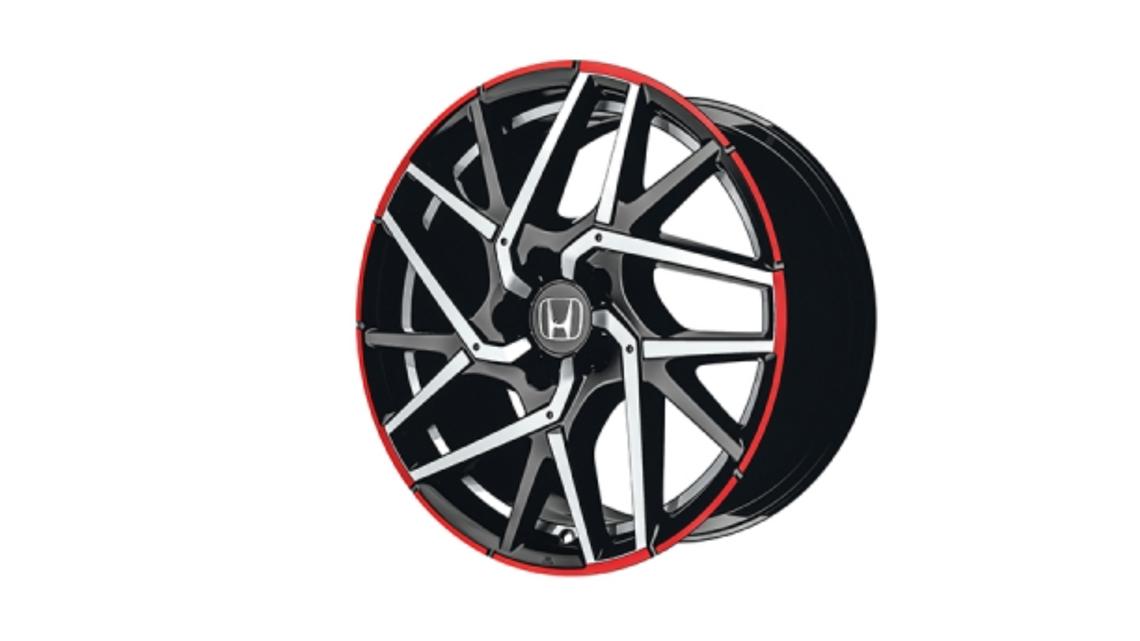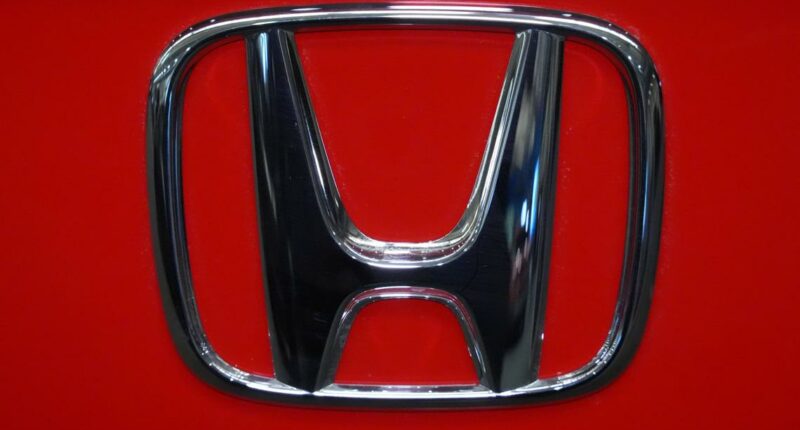Share this @internewscast.com
The origin of a recent Honda recall has been linked to the removal of a fence at a factory in Italy responsible for producing wheels, as revealed in documents from U.S. regulators.
WASHINGTON — Honda has announced the recall of several hundred thousand Civic models due to the potential risk of certain cars having accessory wheels that might detach because of improper manufacturing.
This recall affects Honda Civic models from the years 2016 through 2021, as detailed in a notice issued by the National Highway Traffic Safety Administration (NHTSA) on November 6.
Though the recall involves 406,290 vehicles, Honda clarified that only 3,276 of the specific 18-inch aluminum alloy accessory wheels sold in the United States might have manufacturing defects.
The recall encompasses all affected vehicles to ensure that dealers can inspect the wheels thoroughly and, if necessary, replace the hubs and wheels at no cost to the customer, according to the NHTSA.
Honda stated that the issue stems from the potential improper installation of steel lug seat inserts in the accessory wheels. Over time, the lug nut seating surface may become deformed, leading to the loosening and eventual detachment of the wheel nuts. This defect could result in the wheel detaching, thereby increasing the risk of accidents or injuries.
Honda said it has not received any confirmed reports of crashes or injuries related to the issue.
Owner notification letters are expected to be mailed Dec. 8, 2025. Owners can also call Honda’s customer service department at 1-888-234-2138.


Which Honda vehicles are being recalled?
- 2016 Honda Civic
- 2017 Honda Civic
- 2018 Honda Civic
- 2019 Honda Civic
- 2020 Honda Civic
- 2021 Honda Civic
While around 406,290 vehicles are being recalled, NHTSA documents show it’s estimated only 0.1% of those will have wheels that need to be replaced.
According to NHTSA documents, the issue was traced back to the wheel supplier’s factory in Italy. A fence used to separate finished products from unfinished products was removed during the installation of new equipment, which then caused some unfinished products to be mistakenly placed in the finished product storage area and shipped, skipping the seat press-fitting.

















